It seems you are contemplating introducing a pet skunk, a truly charming and rare animal, into the fold of your family. Though the idea of a pet skunk might shock some, an increasing number of people consider these intelligent, inquisitive, naughty creatures wonderful companions. Playful as puppies and affectionate like a cat, these domesticated and scent-filtered animals can begin their journey in this life by offering a cool skunk for sale.
This guide will encompass whatever you need to know regarding pet-skunk acquisition and ownership. Therefore, we talk about the appeal of skunks, the pertinent legal ramifications with which you must be acquainted, specific care needs imposed on them, and the pet stores finding a healthy, well-socialized skunk. You are now fully aware of the requirements of being a responsible skunk owner.
Why Own a Pet Skunk?
For a better understanding of its charm, pet skunk hunters will benefit greatly from actually knowing the whole reason behind the skunk’s charm. Domestic skunks and household skunks have never been wild animals accustomed to home life.
They have been selectively bred under captivity for generations to suppress the wild temperament in favor of docility and friendliness. Its temperament is between that of a cat and a ferret: curious and independant, but able to create lasting attachment to its human caretakers.
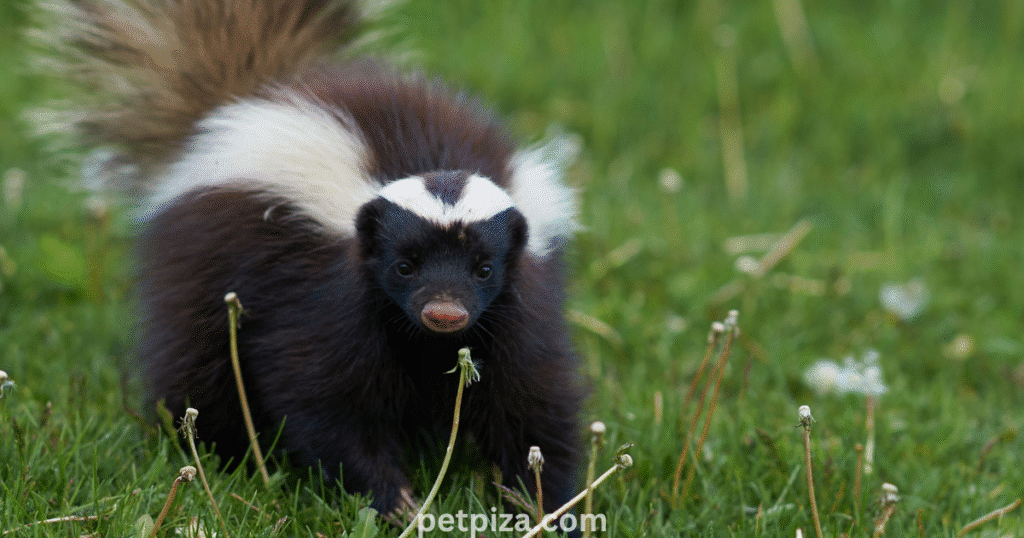
Unexpectedly Affectionate
Many owners find it surprising just how affectionate their pet skunks can be. They seek out cuddle time, enjoy being held, and actively solicit their human companion’s affection. A well-socialized skunk will meet you at the door, shadow you throughout the house, and might even learn to respond to his or her name. This capacity for affection is one of the primary attractions for adopters.
Intelligent and Eager-To-Learn
Skunks are clever animals, and this brilliance makes them a sheer joy to have around. Being intellectually active, they easily respond to training. An average pet skunk, like any household cat, can be litter-boxed trained with repetition and commitment. Additionally, he will learn to respond to basic commands, engage in play with puzzle toys, and walk outdoors on a harness and leash with you, i.e., so he can reach outdoors safely. A curious skunk will always need mental stimulation, thus making playtime fun and mandatory.
Quiet and Unique
Somewhat quiet by inclination, skunks do not produce noise at their pleasure compared to barking dogs or meowing cats. Their communication consists of soft chitters, grunts, and squeals. Clearly not as obnoxious, this characteristic comes as a big plus to the apartment dweller or anyone preferring quieter roommates. Skunks also promise great small-talk starters and a larger circle of exotic pet enthusiasts.
Legalities of Owning a Pet Skunk
This is the most important step of all on your journey. Before even beginning to entertain the notion of looking for a pet skunk for sale, you need to check on the legal status of skunk ownership in your immediate area. Laws regarding exotic pets vary dramatically by state, county, and even city. Failing to check whether keeping one as a pet is permissible might lead to heart-wrenching consequences, including confiscation of your beloved skunk and euthanasia.
State Regulations
Skunk ownership, pet-wise, is allowed in not quite a handful of states in the US. However, such laws are subject to change, and you should check with the common state departments such as the Department of Fish and Wildlife, Agriculture, etc. Historically, states allowing ownership are:
- – Ohio
- – Florida (with permit)
- – Indiana
- – Iowa
- – Michigan
- – Pennsylvania
This list is not exhaustive or permanent. You will have to conduct your own independent research with state authorities. Wild skunk ownership is an out-and-out ban in many states, such as California and Colorado.
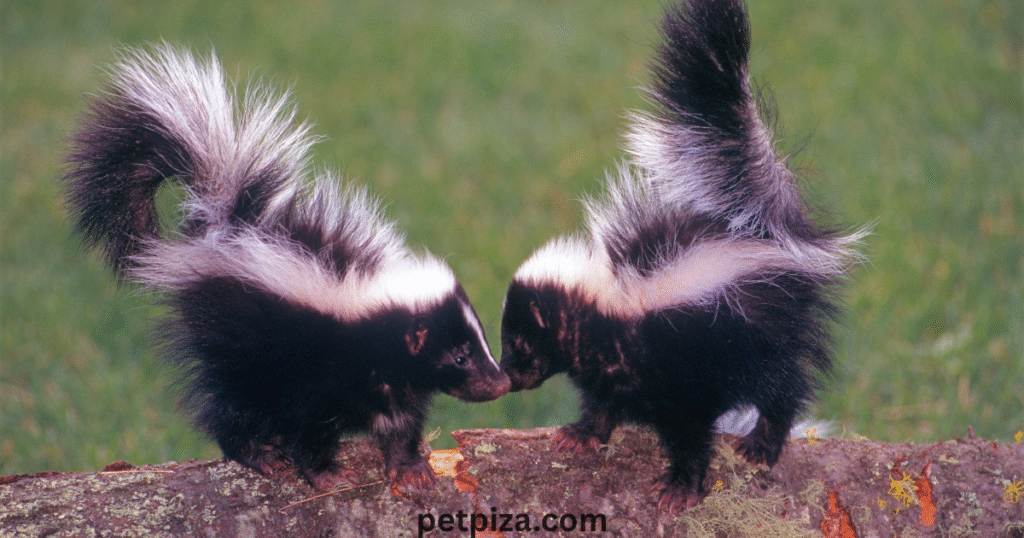
Local Ordinances and Permits
Assuming that skunks are allowed as pets in your state does not guarantee that this is the case within your county or city. Clarifying this point is equally important, as local ordinances can override state laws. You might even require a specific permit to be allowed to keep a skunk; sometimes, such permits come with inspection of your facilities, application fees, and proof of purchase from an allowed breeder. Never accept information from the breeder/seller alone; always confirm the legalities on your end.
Essential Care for Your Pet Skunk
Owning a skunk is a huge commitment and requires special care. Their needs, in contrast, are greatly different from those of cats and dogs. These requirements must be understood before you set on a quest to obtain one for sale.
The Diet and Nutrition of Skunks
A real skunk diet, probably the most important thing to keep for the health application and longevity of skunks, builds good health. Skunks are omnivores and require a balanced array of diets, including proteins, vegetables, and some specific vitamins. Their diet in nature is varied, and replicating this variation is the key.
A standard dietary formulation for a pet skunk will contain:
- High quality and lean protein: This should consist of cooked chicken, eggs, fish, and insects (crickets and mealworms) as the staples.
- Fresh Vegetables: A combination of either fresh, raw, or steamed vegetables should include broccoli, carrots, bell peppers, and leafy greens. Avoid harmful vegetables like onions and avocado.
- Restricted Fruits and Grains: Fruits may be offered as occasional treats but limit them due to their high sugar content. While a small amount of grains (cooked rice or oatmeal) should not constitute the major part of the regular diet.
- Supplements: Most skunks require a taurine supplement for heart and eye health and a calcium supplement to prevent metabolic bone disease.
- Commercial pellets are available for skunks but should be supplemented with fresh foods; always check with an exotic animal vet for the best dietary formulations.
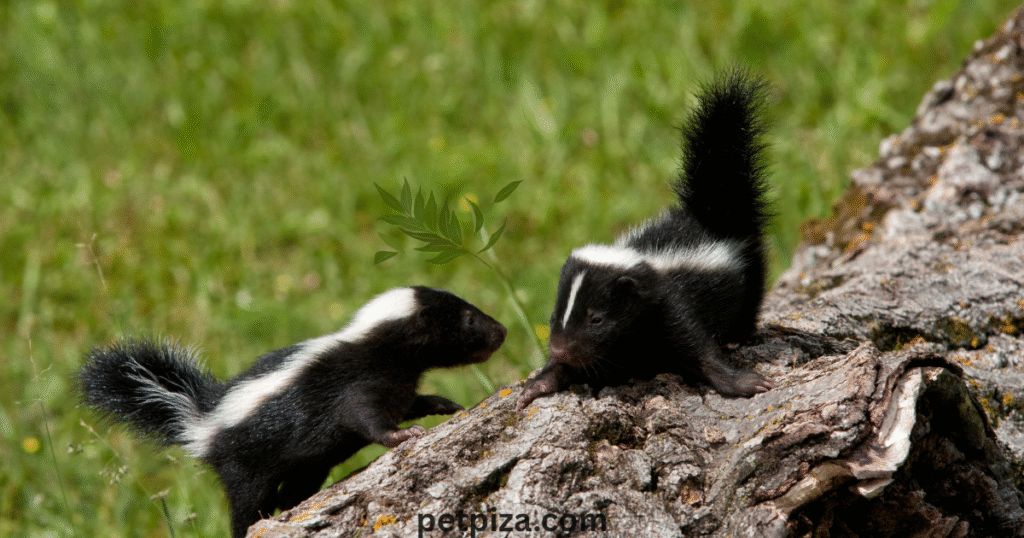
Housing and Environment
The skunk’s world is in your house, and it should be safe and enriching. These little creatures are full of curiosity, and they all do gain entrance to places through even the very tight of openings. Skunk-proofing your environment is tantamount to toddler-proofing! lock cabinets, cover sockets, and remove anything that could be toxic
.
Your pet should have a spot that serves as its “den,” where it can retreat to feel safe and secure. This can be anything from a large dog crate with soft blankets, a small tent, or a room entirely dedicated to the skunk. Since they are natural burrowers, it is best to furnish them with plenty of blankets or soft material to dig in and nest. For their own safety, they should be enclosed in this safe place whenever you are away from home or unable to supervise them.
Health and Vet Care
Finding a vet that is knowledgeable and willing to treat skunks can be a real challenge. Look up an exotic vet before you decide on buying a pet skunk and establish a relationship. Skunks face some health challenges like obesity, dental disease, heart conditions, and cancer.
Routine Care Includes:
- Spaying or neutering: It is critical, not just to avoid any reproductive cancers, but also to eliminate undesired hormonal behaviors.
- De-scenting: Reputable breeders will generally consider this part of their responsibility. Baby skunks (kits) are de-scented by a vet when they are between 2-5 weeks old. This procedure involves removal of the scent glands and is a customary practice in skunks. Doing so to an older or wild skunk is an act of cruelty, and goes against the practices of good medicine.
- Vaccines: As your pet vet may suggest, certifying vaccinations against common canine and feline maladies (such as distemper and parvovirus), these can sometimes end up being administered “off-label,” for there are no defined vaccines available for skunks.
- Parasite Control: Ensure regular checking for fleas, ticks, and internal parasites.
Where to Find a Pet Skunk for Sale
Once you have established the legality and are mentally prepared for the commitment, you can start looking. Thus next to finding a responsible source for an animal, comes finding a responsible source for a healthy, well-socialized animal.
USDA-Licensed Reputable Breeders
The principal source to find pet skunks for sale is USDA-licensed breeders. Those breeders are certified under certain standards of reasonable care and have a good understanding of skunk health, diet, and behavior. A reputable breeder will:
- – Have clean, spacious facilities.
- – Handle their kits daily from an early age to ensure that they are well-socialized.
- – Provide you with health records, including de-scenting proof.
- – Ask you questions to ensure that you will be a suitable owner for a skunk.
- – Give you support for life and answer questions after your skunk has been placed into your care.
You can often find these breeders mentioned in exotic pet forums, in social media groups dedicated to skunk owners, or on referrals from exotic veterinarians. All of these breeders usually have high demand, therefore expect to be placed on a waiting list.

Advice on What to Avoid
The internet can be a very dangerous place when searching for a skunk for sale. Stay far away from “backyard breeders” they are not USDA-licensed, nor do they have health documentation. Never buy from a classified ad without first making sure that you visit the facility. Scams are rampant, and you could end up with no skunk or a sick one. Taking a skunk from the wild is illegal and unethical.
Welcoming an Adopted Pet Skunk
Congratulations! You have rounded up your research and are hunting for the ideal furry companion. The first few weeks mark a critical adjustment period for your new pet.
Initial Settling Time
Set aside some time after you first get your baby skunk. Set up the den in a quiet part of the house and encourage the baby to explore freely. Get down to the floor and allow the skunk to approach you, rewarding it early and often with treats.
Socialization Training
Probably half the battle was won by the breeder in the few short weeks when he or she socialized the babies. Continue with the gentle handling of your skunk daily and start exposing him or her to new sights and sounds gradually. Start litter training immediately by placing a box in a corner of the room and placing the skunk in it after its meals and naps. Positive reinforcement works wonders here: treat and praise your skunk every time he or she does something good.
A Rewarding, Unique Bond
Having a pet skunk is not for everyone. This kind of care takes thorough research, a financial investment, and knowledge about their special needs. If the fit is right, the bond you share with these intelligent and affectionate animals can be immensely rewarding.
Entering this journey with much understanding of the laws, proper preparedness for their needs, and a reputable breeder sets up the stage for one amazing journey with one of nature’s most misunderstood souls. Your quest for a pet skunk for sale is not only a beginning of a unique friendship; it will also reward you with many years of joy and companionship.
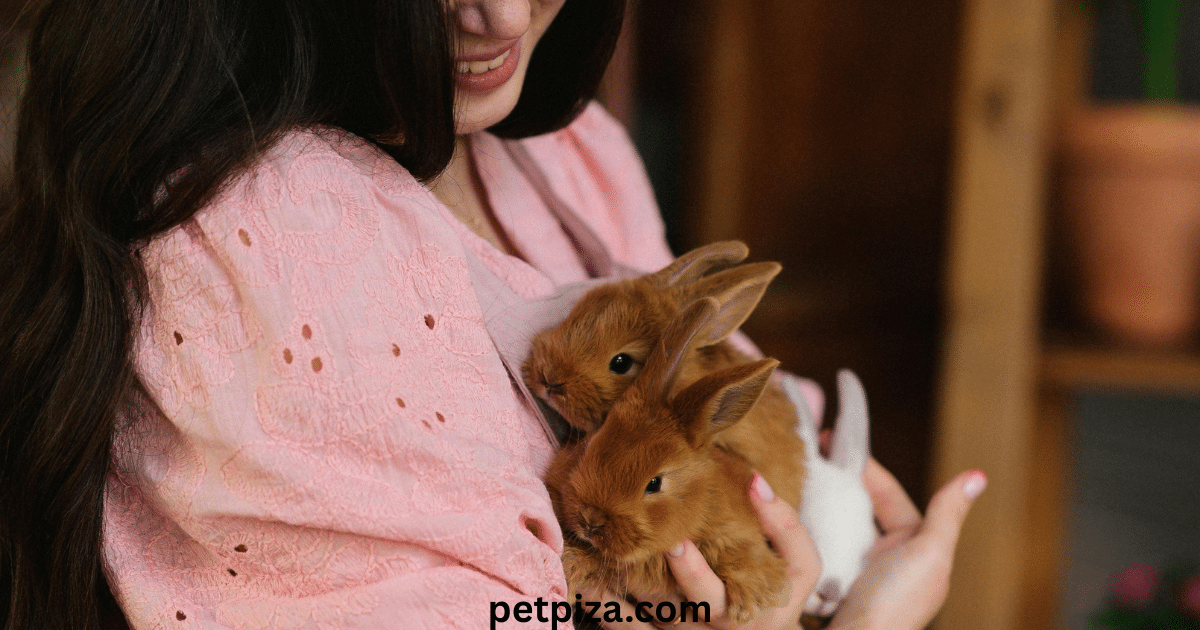

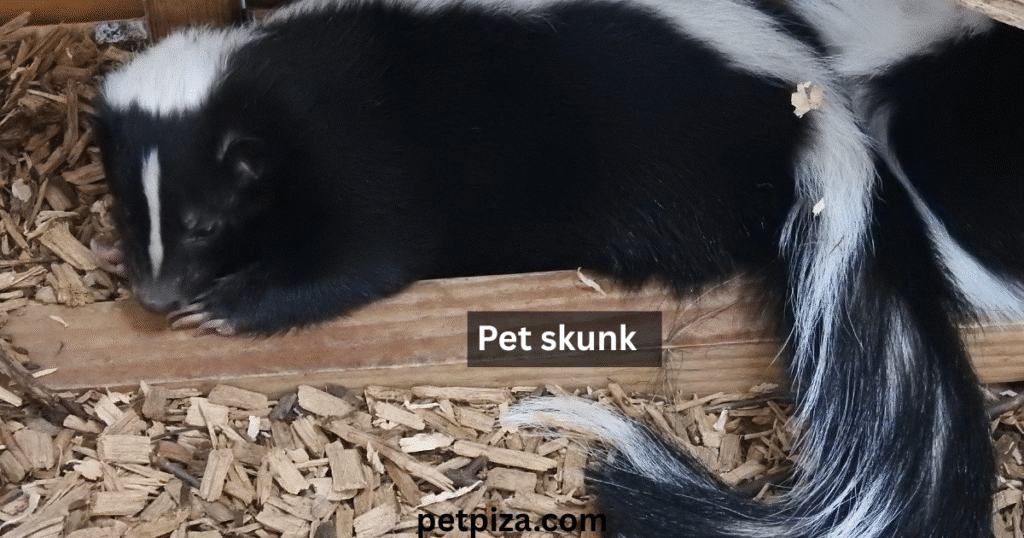


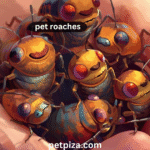
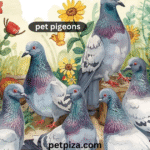


1 thought on “Finding a Pet Skunk for Sale: The Complete Guide”